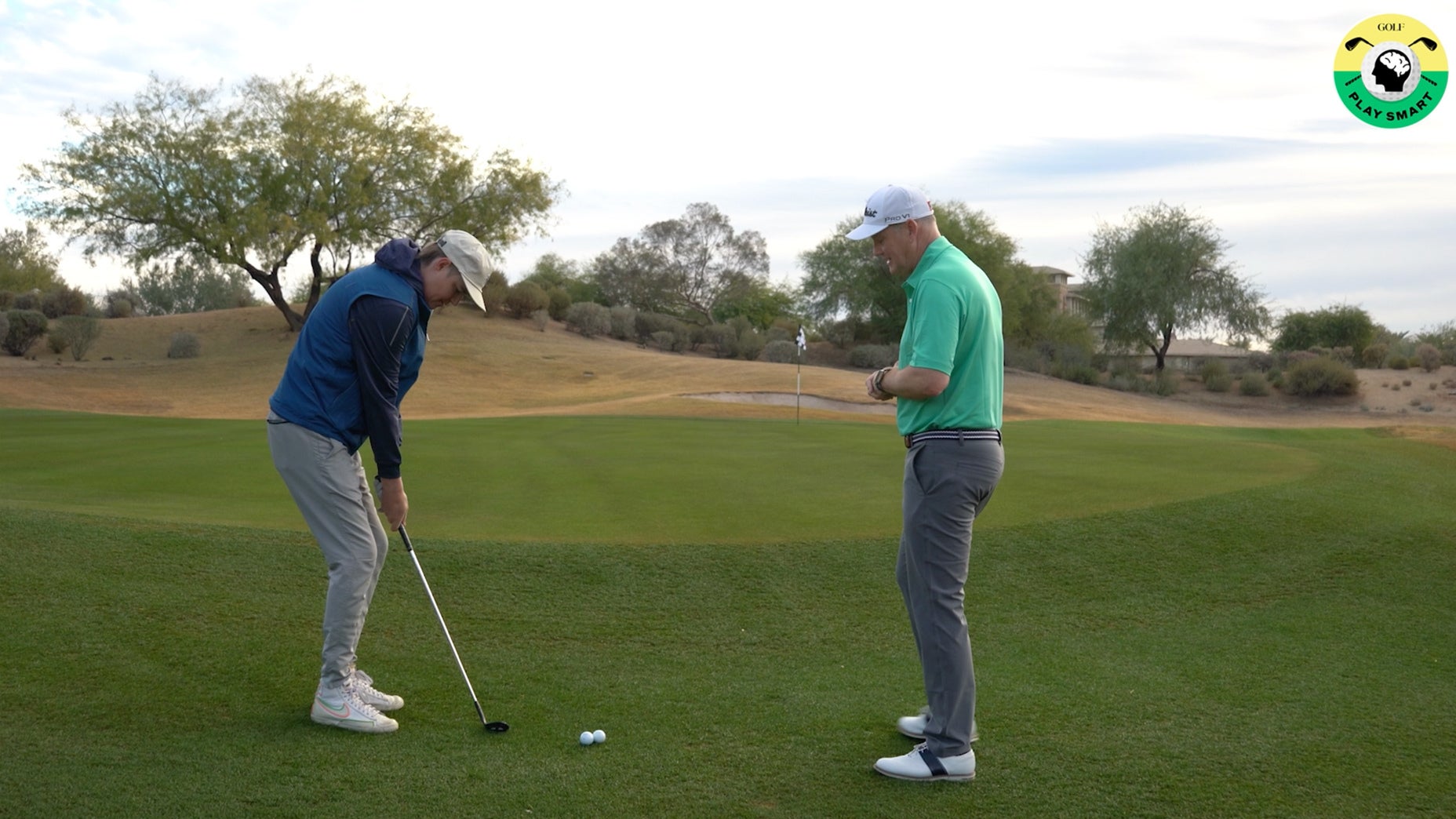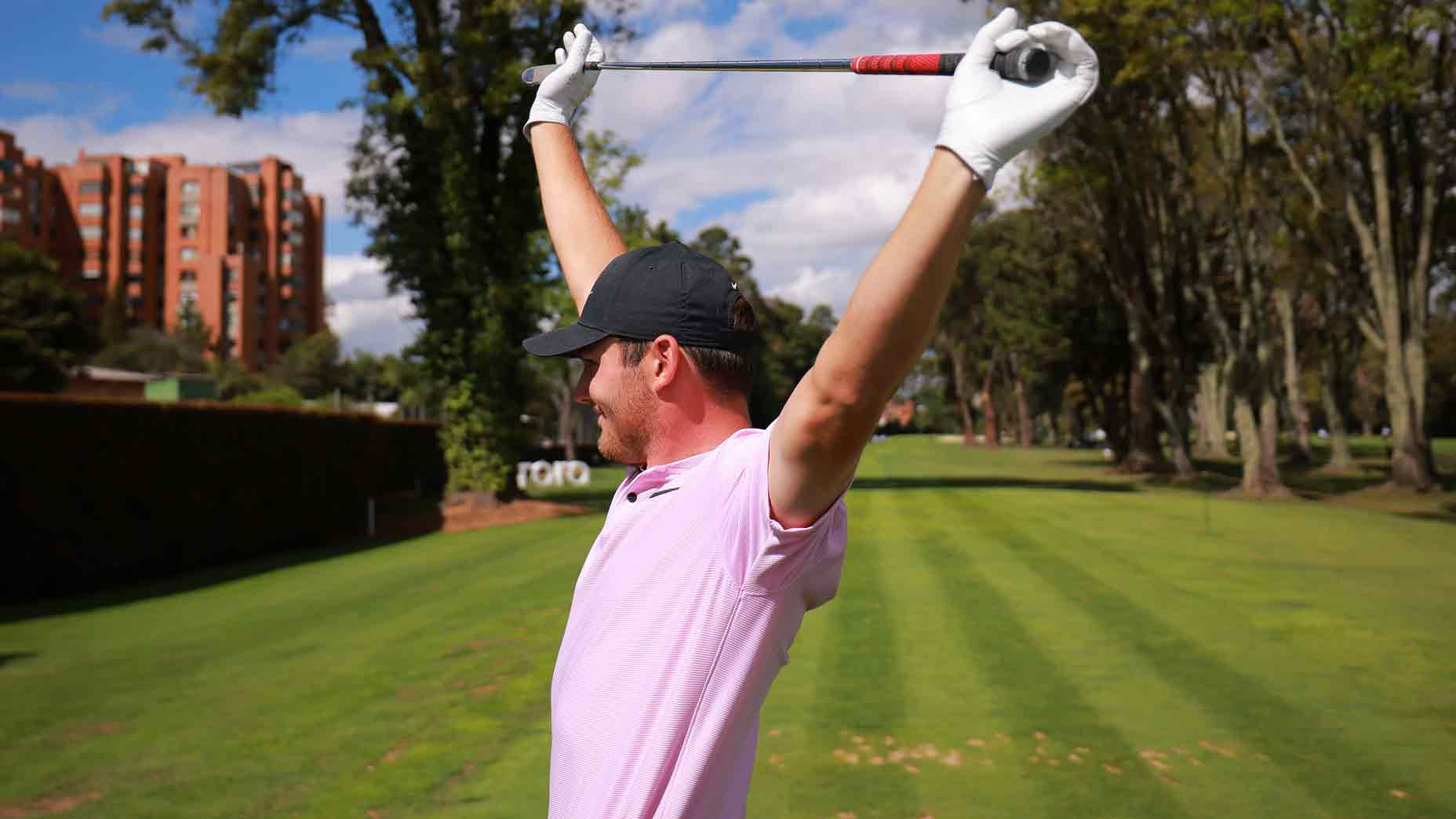
Committing to your process will help your scores plummet.
GOLF
Welcome to Play Smart, a regular GOLF.com game-improvement column that will help you play smarter, better golf.
Everyone wants to shoot lower scores, right? It’s the singular goal all golfers, no matter the ability, share. But the avenue by which they achieve this goal can be vastly different.
Some golfers invest heavily in equipment, buying anything new that might improve their game. Others take the route of taking tons of lessons. And for some of us, it’s all about getting out on the course and playing as much as possible.
There is a way to shoot lower scores that involves none of the above, however. And in this edition of Play Smart, GOLF Top 100 Teacher Jon Tattersall explains what it is. Check out the video below to learn more.
1 key for lower scores
Process is a word you’ll hear a lot from elite golfers, and it’s something they stress when talking about their games. What does it actually mean, though? Essentially, it’s the method they follow as they go about executing each shot.
Pros are extremely committed to their processes when they’re in competition. If you watch closely, you’ll notice they do the same thing before each and every shot. For weekend warriors, there isn’t that same consistency. On some shots they’ll do one thing, and on the next it’ll be completely different. Without a defined process, it’s extremely difficult to be consistent.
One of the most important parts of the pre-shot process — and one that is consistent among all elite golfers — is committing to the shot. They’ll stand behind the ball, picture the shot in their heads and then commit to it. Once they get over the ball, there’s no more thinking about what to do, only thought on executing the shot.
“The best thing you can do is rehearsing correctly at what you want to do,” Tattersall says. “And then commit to that rehearsal.”
During the pre-shot routine, picture your shot. And then as soon as you step into it, there should be no more second-guessing. Only think about how to execute.
“If you get over the ball and you’re still trying to figure something out, generally that’s not going to end well,” Tattersall says. “Where most people screw up is they’re over the ball and still trying to figure it out.”
It’s not easy to stop second-guessing yourself over the ball, but if you can, it’s sure to lower your scores.










